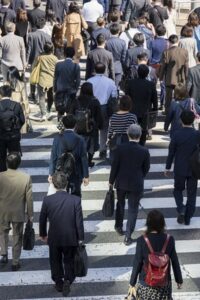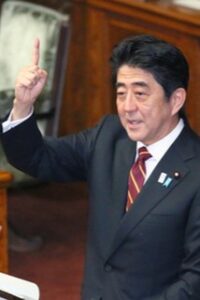
Momma Kazuo, Executive Economist, Mizuho Research & Technologies Unattainable 2% inflation target On April 4, 2013, the Bank of Japan (BoJ) introduced “quantitative and qualitative monetary easing” (QQE). Appointed only a month before, Governor Kuroda Haruhiko explained the BoJ’s stance at a press conference as “monetary easing measures of an unprecedented scale.” Ever since then, the BoJ’s policy, which remains in place today, is referred to as “unprecedented monetary easing.” The unprecedented monetary easing had just one objective and that was to reach a target of 2% year-on-year growth in consumer prices (price stability target of 2 percent, hereinafter “2% inflation target”). It will soon be 10 years since introduction of the policy and the 2% inflation target has yet to be reached. Of course, Japan recently experienced inflation for the first time in 40 years, with consumer inflation rising to around 4% and so my assessment ... ... [Read more]








